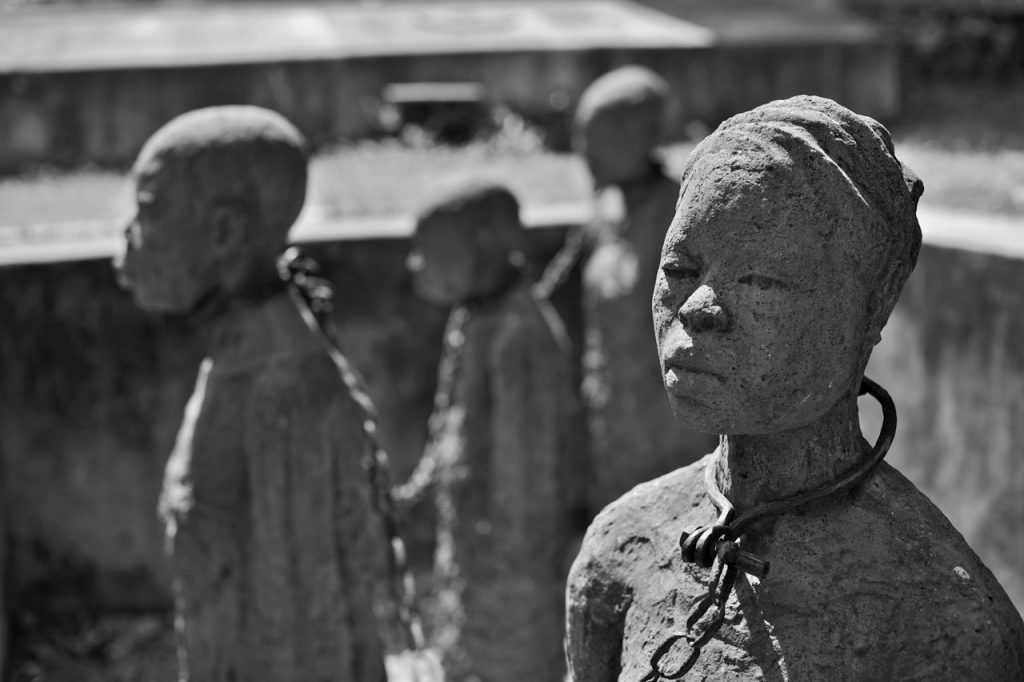Is there a secret to longevity? This health expert says 1,000% yes
In the era of social media, post-COVID, and with mental health at the forefront, a shift is taking […]

Last week, Bridgetown, the capital of Barbados, witnessed an assembly of delegates from African, Caribbean, and international institutions, jointly advocating for reparations for the injustices of slavery and its enduring effects on contemporary society. This assemblage represented an unprecedented step towards global justice.
Representatives from the University of the West Indies (UWI), the Economic, Social and Cultural Council of the African Union (AU), the government of Barbados, the Open Society Foundations grant-making network, and the Caribbean Pan African Network jointly issued an appeal for redress for “historical crimes”.
The Bridgetown conference, which ran from Monday to Thursday, encompassed numerous strategy sessions and plenary meetings. This marked the inception of an “intercontinental campaign”, as outlined in a statement by the UWI, and the meeting is hailed as “ground-breaking”.
Attendees of the event comprised of ambassadors and representatives from AU member states and the Caribbean Community (CARICOM), a political and economic union. “This is a historic moment… humanity cannot go forward with all the toxic interferences of colonization,” said Hilary Beckles, head of the CARICOM reparations commission, during a press conference on Thursday. He emphasized the urgent need for historical rectification to “clean up this mess” and allow humanity to progress.
The CARICOM reparations commission, which seeks reparations from former colonial powers including the United Kingdom, France, and Portugal, underscored in their 10-point reparation plan that “the persistent racial victimization of the descendants of slavery and genocide is the root cause of their suffering today”.
Among the outcomes of the event was a proposal for a roadmap fostering cooperation between the AU and CARICOM. Youssouf Mandoha, an AU official, highlighted the need to “recognize how slavery, colonialism, and racism intersect and impact the lives of Black people around the world”.
The historical context is harrowing. From the 15th to the 19th century, at least 12.5 million Africans were brutally kidnapped, transported by European vessels and merchants, and sold into a life of hard labour and brutality under slavery. Many were shipped to Barbados, the meeting’s location, where between 1627 and 1833, 600,000 enslaved Africans were forced into back-breaking labour in sugar plantations, lining the pockets of English owners.
Following its separation from Britain’s Queen Elizabeth as the head of state in 2021, Barbados has renewed its campaign for reparations. The concept of reparations has been debated extensively over the years, but it appears the global movement is gaining traction.
Earlier this month, the EU acknowledged Europe’s role in the slave trade as a source of “untold suffering” for millions of people and a “crime against humanity”, hinting at the need for reparations. As this global conversation continues to evolve, it remains crucial to keep the voices of those most affected by the historical injustices of slavery at the forefront.

In the era of social media, post-COVID, and with mental health at the forefront, a shift is taking […]

With its fast speeds and revolutionary potential, 5G stands out as a noteworthy milestone in the field of […]